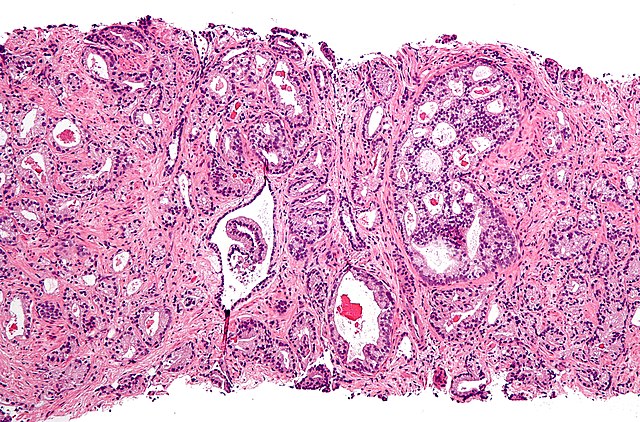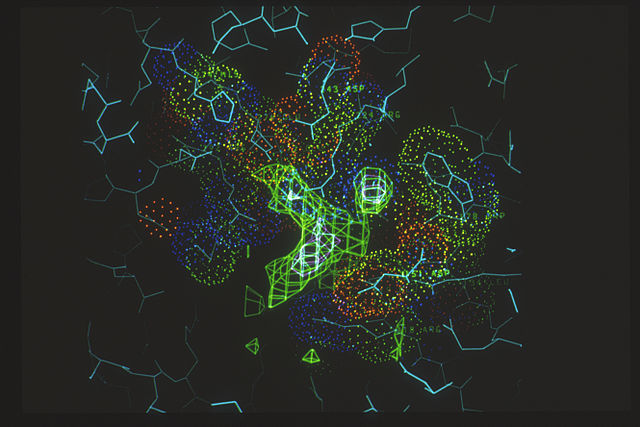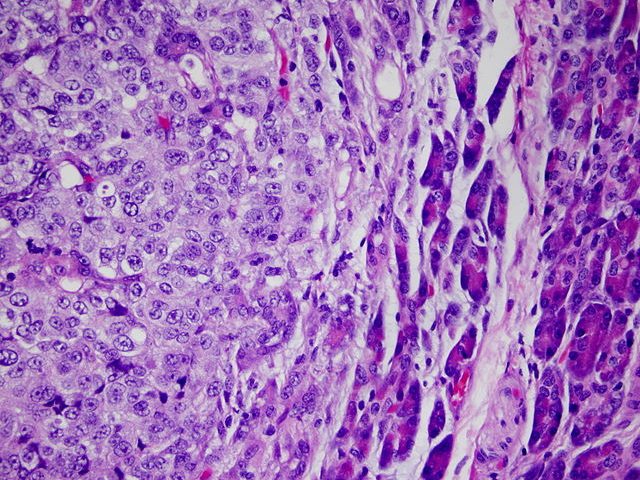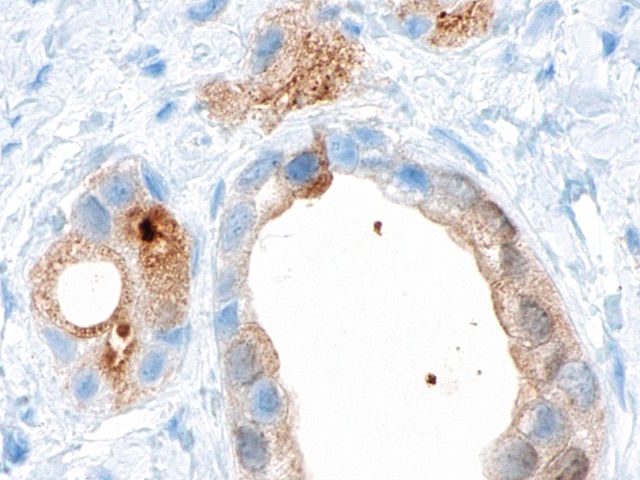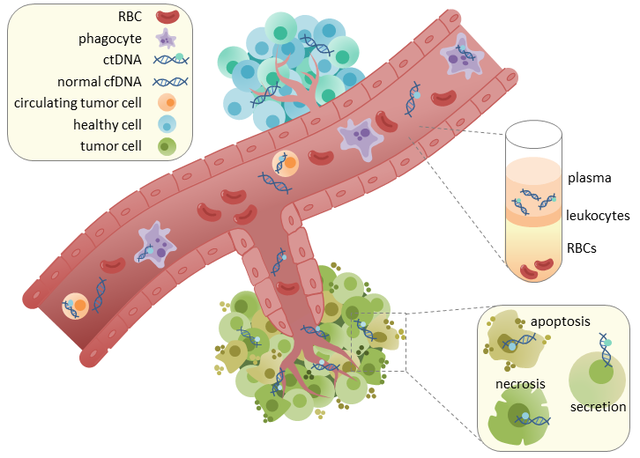Presented by: Russell K Pachynski M.D, Associate Professor and Director of GU Oncology Research at The Division of Oncology, Siteman Cancer Center Washington University School of Medicine, St Louis, MO.
Covered by: Abdul Moiz Khan, M.D, Chief Fellow of Hematology and Oncology at Karmanos Cancer Institute, Detroit, MI.

Associate Professor of Medicine, Division of Medical Oncology, Washington University School of Medicine
In this genitourinary (GU) malignancies session, Dr. Pachynski took a deep dive into the basic science of precision oncology in GU cancers. The mechanism of action of PARP inhibitors and their role in the management of advanced prostate cancer were discussed. He provided a critical analysis of the possible interplay of androgen receptor (AR) signaling and DNA repair genes regulation. He cited the phase 3 MAGNITUDE trial which showed no evidence of benefit with the addition of niraparib to abiraterone acetate and prednisone (AAP) in metastatic castration resistant prostate cancer (mCRPC) patients without homologous recombination repair (HRR) gene alterations. “Maybe AR inhibition doesn’t induce “enough” BRCA-ness and/or PARP expression?”, he remarked. He followed this with mentioning the attempt to ‘image’ PARP expression using FluorThanatrace (FTT) PET-CT scan.
Furthermore, Dr. Pachynski discussed novel strategies of targeting AR with Proteolysis Targeting Chimera (PROTAC) AR degraders (such as ARV-110), and with “anitens” (such as EPI-7386) which inhibit androgen receptor activity by binding to the N-terminal domain (NTD) of the AR. He also reviewed the role of immunotherapy in the treatment of mCRPC and the possible strategies to improve its efficacy. He concluded by highlighting the fundamental need to understand the basic biology of prostate cancer to achieve a more individualized approach and better outcomes.
- Kim N. Chi, et al. JCO (2022), 40:6_suppl, 12-12
- Dehdashti F, et al. Mol Imaging Biol (2022), Dec;24(6):853-861.
- Russell Kent Pachynski, et al. JCO (2023), 41:6_suppl, 177-177


